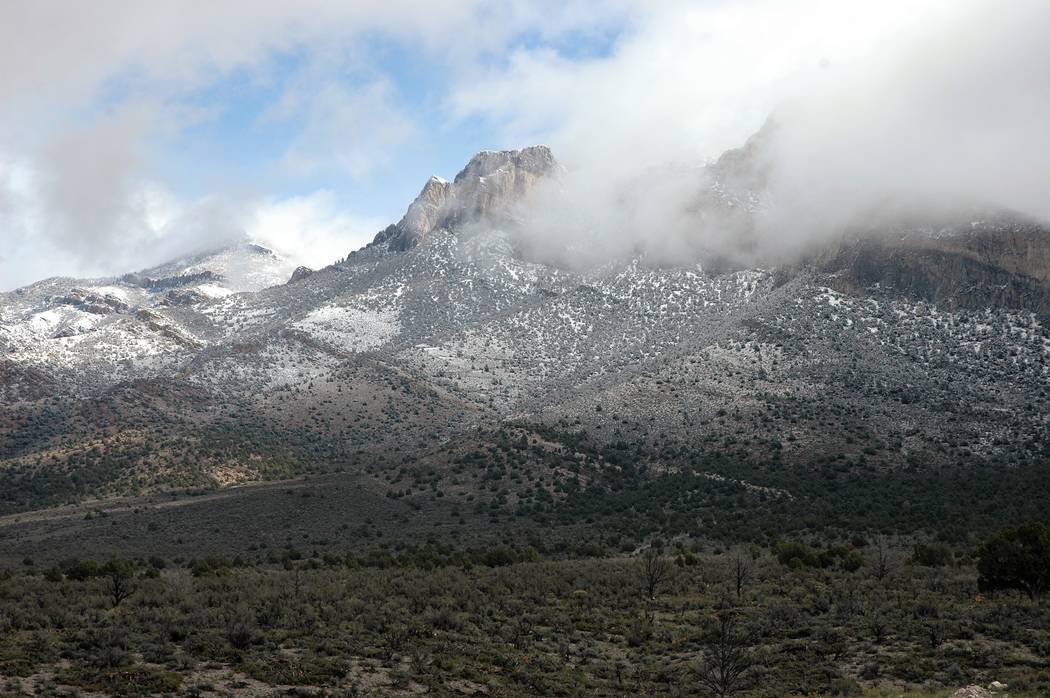Outdoor enthusiasts affected by secretarial orders

On his first day in office, newly appointed Secretary of the Interior Ryan Zinke signed two secretarial orders that have a direct impact on American hunters and fishermen.
Order No. 3346 overturned former President Barack Obama’s last-minute prohibition on the use of lead ammunition and fishing tackle on virtually all public lands managed by the U.S. Fish and Wildlife Service. Its companion order, No. 3347, acknowledged the principal role of hunters and anglers in America’s conservation movement and called for natural resource agencies to expand opportunities for them to enjoy those recreational pursuits.
“America’s conservation and outdoor recreation movements continue to be led by individual sportsmen working together with ranchers, farmers, state wildlife agencies, nonprofit sportsmen-conservation organizations and the department,” reads the order, which also reminds the public and Interior Department leadership of that movement’s roots in American history.
Order 3347 reminds us of former President Theodore Roosevelt’s efforts as the country’s most influential hunter-conservationist, explaining that he “loved the outdoors, vigorously hunted wildlife and developed a uniquely American conservation ethos. Executive Order 13443 built on President Roosevelt’s conservation legacy and directed federal agencies, including the Department of the Interior, to facilitate the expansion and enhancement of hunting opportunities and management of game species and their habitat.”
Some might recall Executive Order 13443. It was issued in August 2007 by then President George W. Bush and directed federal agencies, including the Departments of Agriculture and the Interior, “to facilitate the expansion and enhancement of hunting opportunities and the management of game species and their habitat.”
As part of that process, federal agencies were charged with considering the economic and recreational values of hunting in agency actions, evaluating the effect of agency actions on trends in hunting participation and working in cooperation with state and tribal governments.
Order 3347 gives Interior Department leadership 30 calendar days to evaluate and report on actions taken during the past decade to implement Executive Order 13443 and achieve the goals outlined in that document. It also calls for the identification of actions not taken toward that end along with an explanation of why no action was taken, and it asks for recommendations to improve implementation of Bush’s executive order.
Zinke’s secretarial order also asks for a report “with specific recommendations to enhance recreational fishing, specifically regarding efforts to enhance and expand recreational fishing access.”
For any such recommendations and actions to be successful, however, there needs to be a place and space where the average person can legally participate in traditional outdoor pursuits such as hunting, fishing and trapping. For those of us lucky enough to grow up somewhere between the Sierra Nevada and the Rocky Mountain ranges, that space and those places always have been found on generous amounts of public land. And we have been able to pursue those activities without having to take out a second mortgage to pay excessively high access fees to hunt or fish on private property.
Nevada is home to 314 mountain ranges and encompasses 109,826 square miles of mostly public land. While some of that land is cordoned off for military use, there remains room enough for outdoor enthusiasts with a variety of interests. The key to our future, however, is keeping the public in public lands.
While Zinke is looking to enhance hunting and fishing on public lands, and thus ensure that America’s outdoor heritage continues for the benefit of future generations and the natural resources themselves, Nevadans need to stay engaged and look for opportunities to make a difference from this end. Most of us just want to hunt, fish and be left alone, but in today’s world that no longer works.
Freelance writer Doug Nielsen is a conservation educator for the Nevada Department of Wildlife. His “In the Outdoors” column, published Thursday in the Las Vegas Review-Journal, is not affiliated with or endorsed by the NDOW. Any opinions he states in his column are his own. He can be reached at intheoutdoorslv@gmail.com.